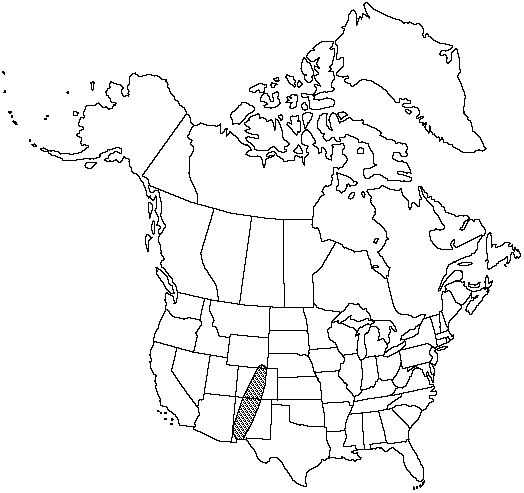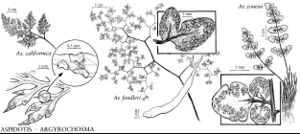Difference between revisions of "Argyrochosma fendleri"
Amer. Fern J. 77: 40. 1987.
FNA>Volume Importer |
imported>Volume Importer |
||
| Line 6: | Line 6: | ||
|place=77: 40. 1987 | |place=77: 40. 1987 | ||
|year=1987 | |year=1987 | ||
| + | }} | ||
| + | |special_status={{Treatment/ID/Special_status | ||
| + | |code=F | ||
| + | |label=Illustrated | ||
}} | }} | ||
|basionyms={{Treatment/ID/Basionym | |basionyms={{Treatment/ID/Basionym | ||
| Line 59: | Line 63: | ||
|publication title=Amer. Fern J. | |publication title=Amer. Fern J. | ||
|publication year=1987 | |publication year=1987 | ||
| − | |special status= | + | |special status=Illustrated |
| − | |source xml=https:// | + | |source xml=https://bibilujan@bitbucket.org/aafc-mbb/fna-data-curation.git/src/bb6b7e3a7de7d3b7888a1ad48c7fd8f5c722d8d6/coarse_grained_fna_xml/V2/V2_276.xml |
|genus=Argyrochosma | |genus=Argyrochosma | ||
|species=Argyrochosma fendleri | |species=Argyrochosma fendleri | ||
Revision as of 21:11, 27 May 2020
Stem scales brown. Leaves 5–25 cm. Petiole dark brown, 0.75–1.5 mm diam. Blade deltate, 4–6-pinnate proximally, leathery to somewhat herbaceous, abaxially covered by whitish farina, adaxially glabrous or glandular; rachis rounded adaxially. Pinna costae distinctly flexuous, branches arising from prominent angles. Ultimate segments not articulate, dark color of stalks continuing into segment bases abaxially; segment margins plane to recurved, often partially concealing sporangia; veins usually obscure adaxially. Sporangia submarginal, borne on distal 1/4 of secondary veins, containing 64 spores. 2n = 54.
Phenology: Sporulating summer–fall.
Habitat: Rocky slopes and cliffs, usually on granitic or volcanic substrates
Elevation: 1700–3000 m
Distribution

Colo., N.Mex., Wyo., Mexico in Sonora.
Discussion
Argyrochosma fendleri is occasionally confused with A. limitanea, which can have slightly flexuous rachises and pinna costae. All A. limitanea specimens with slightly flexuous rachises and costae have 32 spores per sporangium, whereas specimens of A. fendleri consistently have 64. This southern Rocky Mountain species is the only member of the genus that is found on acidic substrates such as granite.
Selected References
None.
